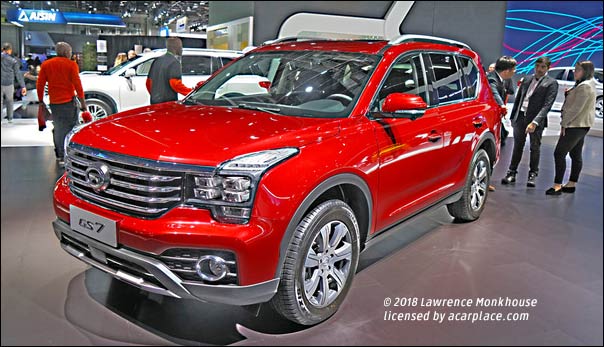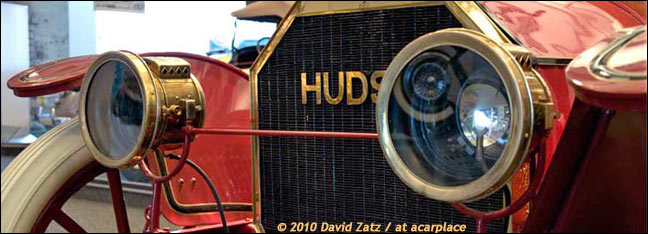
Long ago, Guangzhou Automobile Group (GAC), which builds cars with Fiat Chrysler in China, decided to sell in the United States. Their name, in Mandarin, was created to sound like passing good fortune, but the English transliteration didn’t work out so well — “Trumpchi.”
According to Reuters, the company was surprised to find out that people were associating their brand name with Donald Trump, which the Motor Design Director said “might not be very positive promotion.”

GAC’s Trumpchi brand is relatively inexpensive, but a focus on quality has paid dividends, and the brand has risen to #6 in China. It plans to enter the US in 2019, though many believe it will see more delays.
We can make some suggestions. While Hyundai has been around for some time, the brand likely benefited from sounding like “Honda,” which entered the US far earlier than Hyundai did. More to the point, Zhejiang Geely, which now owns Volvo, chose to name its new sub-Volvo brand “Lynk & Co.,” which, when said out loud, sounds like Lincoln Co. Likewise, Chery seems awfully close to Chevy. Perhaps GAC can take that a step further?
Catty Lake would be a fine woodsy name for a line of SUVs, and would not be at all infringing on that American car. We suggest Company of Motors and Wagons (CMW) as well; the Christmas-themed Murrh Sadie’s seems a little too contrived (unlike Lynk & Co.) Yoowick sounds vaguely Charlie-Chan-Chinese, and would never be confused with any upscale American brand.

In a more serious vein, there are many trademarks that have been abandoned, but still probably have some play in them. Humber was an upscale English brand which is available; Hudson, which still resonates with many people (due to Driving Miss Daisy and Cars), seems to be up for grabs as well.
Oddly, many defunct brands still have their trademarks tied up, including Packard — though one suspects the owner would sell for a nice chunk of cash. Studebaker was just trademarked for autos in 2013. But there’s no shortage of disused names that can still resonate with American buyers, no matter how fictional the connection.

David Zatz has been writing about cars and trucks since the early 1990s, including books on the Dodge Viper, classic Jeeps, and Chrysler minivans. He also writes on organizational development and business at toolpack.com and covers Mac statistics software at macstats.org. David has been quoted by the New York Times, the Daily Telegraph, the Detroit News, and USA Today.

Leave a Reply